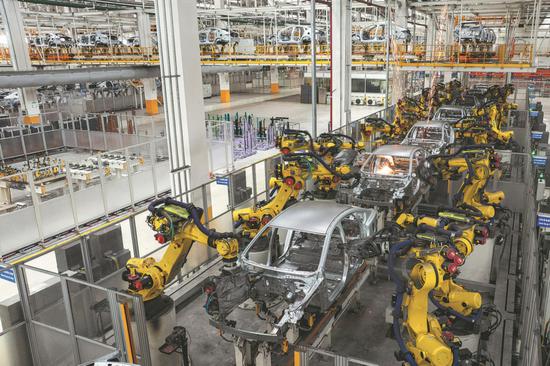
Robot arms seen at a production line of BYD in Changsha, Hunan province. CHEN SIHAN/XINHUA
Baidu said in April its LLM and ChatGPT-like chatbot Ernie Bot had garnered more than 200 million users since its debut in March 2023, while more than 85,000 enterprise clients had used Baidu's enterprise-level LLM platform Qianfan to create 190,000 AI applications.
Robin Li, co-founder, chairman and CEO of Baidu, said the multimodal LLMs are key to the future development of AI technology, and this approach has been largely regarded as essential for realizing artificial general intelligence or AGI, which is a theoretical AI system with capabilities that rival those of a human.
He emphasized the biggest difference between China and some Western countries in terms of AI lies in applications, which are driving the rapid development of the AI industry in China.
Li said in the United States and Europe, everyone is trying to come up with cutting-edge foundation models. "In China, although there are hundreds of foundation models, people are increasingly talking about what the super app is for the AI age, or what is the killer app or the AI native app," he noted. "We take more of an application-driven approach.
"More people probably are focused on when GPT-5 will likely emerge, and what kind of new features we will be offering, but I'm more interested in what kind of application can take full advantage of the existing power of large language models."
The Ernie 4.0, Baidu's latest LLM, is better than the GPT-4 in Chinese because the company used a lot more Chinese data to train that model, Li said.
Chinese AI company iFlytek announced in January that its upgraded LLM outperformed GPT-4 Turbo in metrics like language understanding and math. For its part, e-commerce giant JD unveiled its LLM, the ChatRhino, which could be used in various fields, including retail, logistics, finance and health, as the company aims to bolster digital transformation and upgrade industries by using AI.
Wang Peng, a researcher at the Beijing Academy of Social Sciences, said, "China's major advantages in developing AI lie in abundant data resources and diversified industrial application scenarios, while the US has taken the lead in basic AI research, chips, algorithms and other crucial technologies, as well as a sound innovation ecosystem."
Chinese enterprises should pool more resources to improve the quality of data that satisfy the training of LLMs, optimize algorithms, cultivate talent specialized in the field of AI and expand cooperation with leading international AI companies, Wang said.
Lu Yanxia, research director at market research company International Data Corp China, said Chinese tech companies' continuous technological advancements in LLMs will further promote the popularization of AI models, and bring fresh business opportunities for domestic AI servers, cloud computing and chip companies.
She said tech enterprises should pool more resources to improve computing power, algorithms and quality of data to narrow the gap with the US in the generative AI sector.
The LLMs necessitate higher demand for data and knowledge in professional fields, and for talent that can fine-tune specialized models based on diverse industrial demands, she said.
As various industries adopt the latest wave of digital transformation driven by AI, China's spending on information and communications technology will increase by 9.8 percent year-on-year in 2024, surpassing the global average by two percentage points, IDC said.
Pan Helin, a member of the Ministry of Industry and Information Technology's Expert Committee for Information and Communication Economy, said the training of multimodal AI models necessitates massive requirements for computing capacity resources, which will give a strong boost to the development of the computing power industry.
"Chinese tech companies should beef up independent innovation abilities in underlying computing power chips and programming software, and invest more in basic scientific research, including mathematics, statistics and computer science, in order to catch up with leading foreign counterparts amid intensifying competition in the global AI industry," Pan said.
According to a report released by global consultancy Accenture, about 85 percent of Chinese business leaders plan to increase investments in generative AI this year, while 73 percent of Chinese company executives are prioritizing investments in strengthening their organizations' digital core capacities, including cloud, AI, platforms and security.
The report stated that 93 percent of surveyed executives in China agree that the way they interact with data will change, from searching for information to asking questions and receiving direct advice and responses. The research surveyed 2,800 company executives, including 225 from China, between February and March.
Accenture also found as much as 40 percent of all working hours will be supported or augmented by language-based AI, and generative AI has the potential to enable productivity enhancements across 900 different types of jobs.
Joyce Yi, managing director and operations delivery lead of Accenture Greater China, said Chinese enterprises are more willing to spend money on sales and product development in the process of AI applications, while their investments in enterprise operations are relatively less.
Although AI brings about new development opportunities, challenges still remain, experts said, and called for efforts to ensure the safe and reliable application of the intelligent technology through global governance.
Zeng Yi, a researcher of the Institute of Automation, which is part of the Chinese Academy of Sciences, said the management and governance of risks brought by AI are becoming increasingly important.
The responsible and appropriate use of AI and driving its steady development will allow this technology to be beneficial to all humans, Zeng said.
More efforts are needed to strengthen international cooperation in promoting sustainable development of AI, and establish a global AI development and governance institution under the framework of the United Nations, he said.











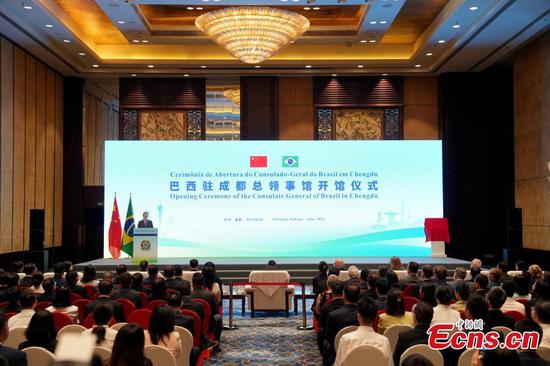
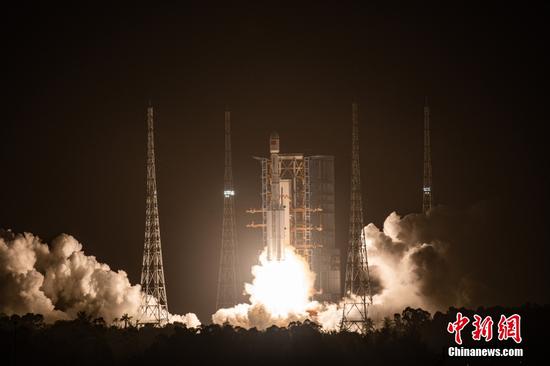

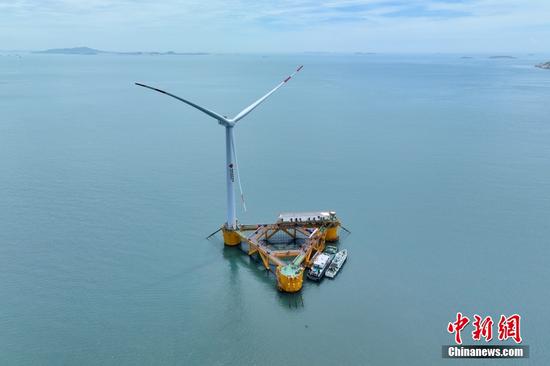
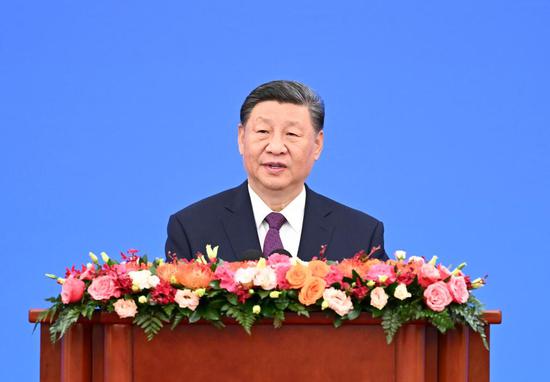

























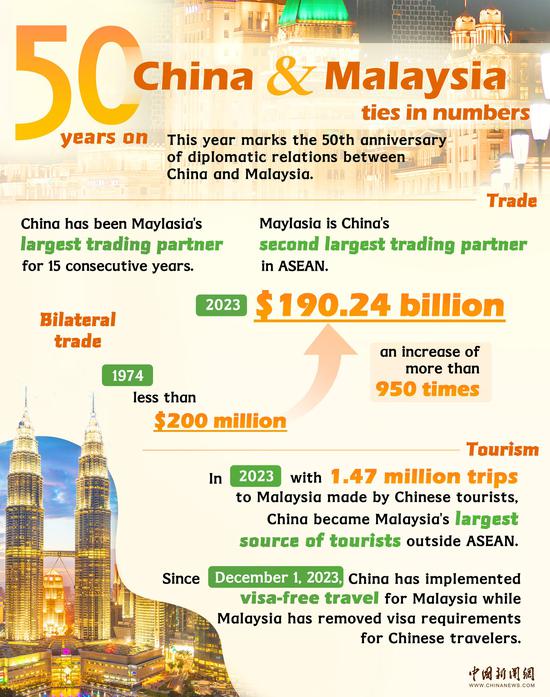






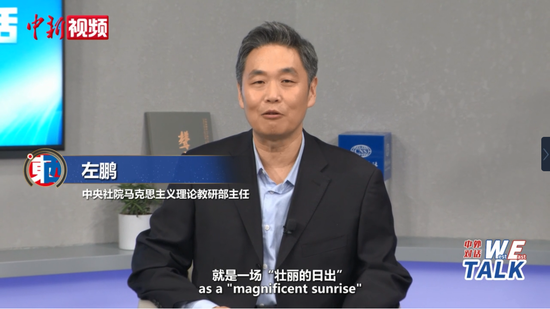

 京公网安备 11010202009201号
京公网安备 11010202009201号